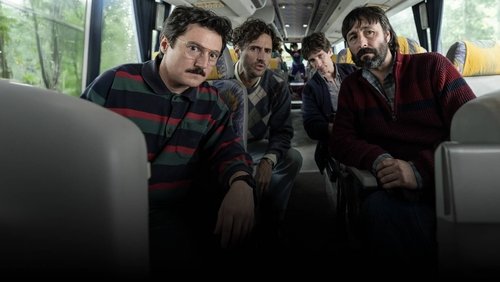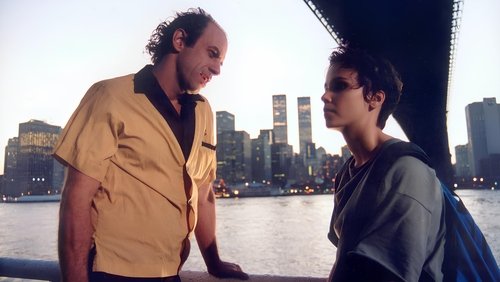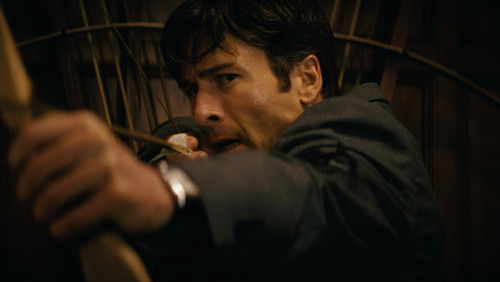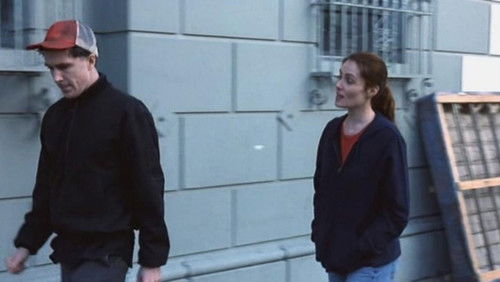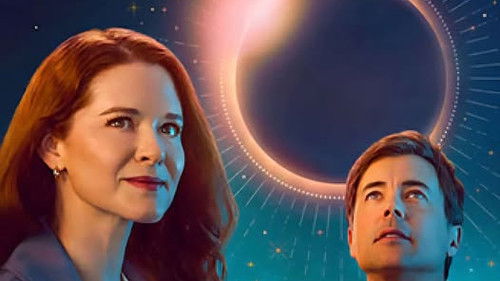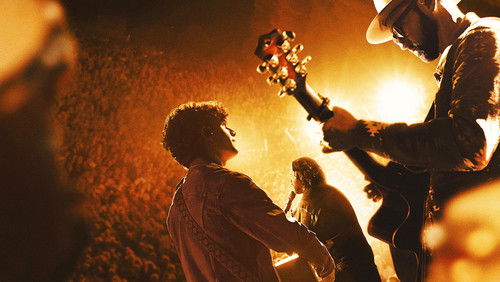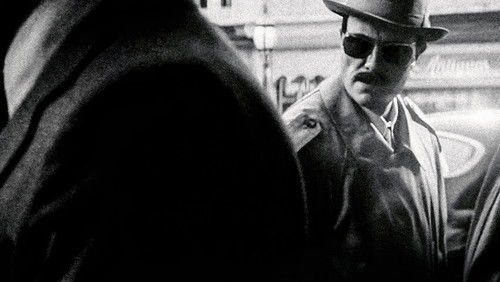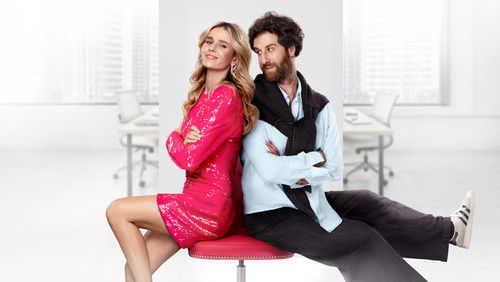Acné (2008)
58KAcné: Directed by Federico Veiroj. With Alejandro Tocar, Ana Julia Catalá, Gustavo Melnik, David Blankleider. Rafa, a teenage boy who is just edging into his teens tries to unravel the mysteries of love and sex in this coming-of-age story. He is mired in the lower depths of adolescence; his skin is breaking out, he feels incredibly awkward, and he can’t get women off his mind. While his older brother tries to help by arranging him to lose his virginity to a cooperative neighborhood woman, he is still mortified after the big seduction that he hasn’t actually kissed a girl, and he and his pals Andy and Rony struggle to make sense of the fair sex. While they occasionally visit a neighborhood brothel where the working girls offer various forms of sympathy, they’d rather be spending time with the girls from their school, and Rafa sets his sights on Nicole, who is pretty enough that nearly everyone is convinced he doesn’t stand a chance with her.
“Acne is a remarkably clever and subtle film about poverty. On the surface it looks like the opposite, but the impoverishment conveyed in this movie is not easily visible to the naked eye, or at least, this film explores a common type of poverty we would not normally recognise.u003cbr/u003eu003cbr/u003enThe central character is Rafa, a middle class teen with severe acne which is a nuisance to him and for which he receives medical attention, but it does not affect his confidence. He is softly spoken, his voice is childlike and he never shouts or displays bad temper, but he is clearly spoilt and has everything he wants including money whenever he asks for it. None of Rafau0026#39;s many privileges which he uses to the full and which he takes for granted seems able to raise him out of a monotonous, disconnecting lack of engagement (this could be an early manifestation of depression). His only fixation and his search throughout the film is for the closeness contained in a proper kiss.u003cbr/u003eu003cbr/u003enThis film was, I first thought, an interesting observation on the malaise of privilege, but it is more than that. Rafa is a victim of middle class poverty, a sufferer from a fairly frequent form of abuse; that of middle class deprivation. He is a casualty of emotional abandonment by his divorcing parents who think the comfortable life style and freedoms they provide for him are enough. Rafau0026#39;s parents only understand monetary value, they seem unable to provide the time and love all children need. When Rafa goes to help his dad at his business, he spends his time working alone in a warehouse, while his dad works in the office.u003cbr/u003eu003cbr/u003enThe emptiness of his life is brought into sharp focus when the closest Rafa comes to sharing something with his father is when he goes into the same brothel he has just seen his dad has come out of. This flips the whole film from the two dimensional surface story depicting the overindulged restlessness of Rafa, to the deeper narrative depicting the tragedy, loss and neglect of the teen by his egocentric, self-centred and self-absorbed parents.”

